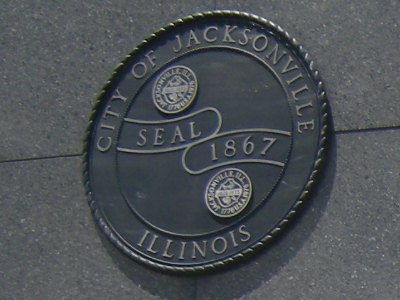With the City of Jacksonville setting their tax increment on adult-use cannabis sales on Friday at 3%, Jacksonville could have a new revenue stream to project for their budgeting process coming up in the next few months. However, Mayor Andy Ezard said that the city probably won’t add any projections into the Fiscal Year 2020 budget just yet: “We are going to kind of set back and wait and see how things all come together. When our budget process starts, we are probably not going to put [cannabis tax] money into that budget in anticipation until the state does what it’s going to do. I think, though, that we are looking forward on this one. It was loud and clear in the meetings about this issue that we need to be aggressive and try to recoup some of this money, and I think that’s the right call.”
A study released by Pew Charitable Trusts back in August says that it’s probably a good idea not to count on an extensive flow of cash from retail cannabis sales because of the instability that it saw over the first few years in the 10 states that had previously legalized the drug. Pew, instead, advised cities to place the tax revenue into a savings account and then budgeting the money into their budgets the following year. Pew also says that issues can arise when states attempt to gauge sales to visitors and tourists — something that will certainly factor into Illinois’ industry.
A study by the Illinois Economic Policy Institute estimated annual sales for cannabis at about $1.5 billion in the first year and tax revenue of $500 million for the state and $25 million for local governments once the industry hits full stride—based on a total tax rate of about 27 percent from both state and local governments.




